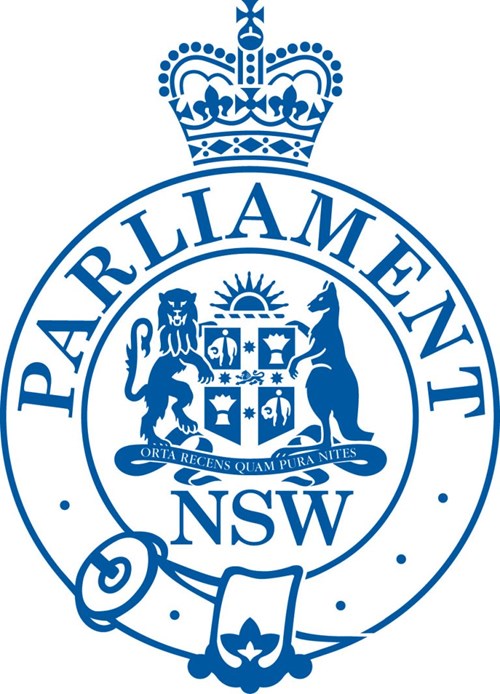A debate has heated up over who is to blame for causing Sutherland residents angst after being told their properties had been identified as flood prone.
Almost 16,000 residents were advised their homes were potentially flood affected following the Sutherland Council’s overland flood study.
At a council meeting, councillors spoke to a packed room of residents who aired their concerns about the unlikeliness of flooding occurring on their property, the impact on insurance premiums, land value and a notation on their planning certificates.
Mayor Carmelo Pesce agreed – despite advice from executive staff – to immediately have all recent notations removed from planning certificates until the flood study was finalised.
This was a win for residents but left council open to legal action if buyers were not aware of the likelihood of flood.
Cr Kent Johns suggested the notations be removed in a show of “good faith” towards the community and to let residents know the council would act on behalf of them not its own interests.
In his mayoral minute, Cr Pesce said the state government had not provide a consistent set of guidelines when consultants conducted the flood study and the council would write to ministers.
He said the government should provide the type of type of flood modelling to be used, the criteria to be used including future rainfall and sea level rise and set the freeboard height (which is used to measure water) to be applied because different council consultants could use different criteria which could affect the number of houses identified as flood prone.
Cr Pesce said there also needed to be clear direction as to when notations were to be placed onto planning certificates, how often flood studies needed to be undertaken and make this known to the community to enhance understanding and acceptance.
Cr Pesce said this would “ensure consistency for citywide planning and flood safety management”.
For example, Georges River Council had the number of properties tagged as flood-prone in its study drop from 2016 to 2023.
In 2016, in the event of a one-in-one-hundred-year flood 4260 homes would have been impacted under the previous study but that number was reduced to 2332 in 2023 because of the latest rainfall data, and different flood modelling technique and flood planning area tagging criteria used.
On Wednesday, Planning and Public Spaces Minister Paul Scully, and Heathcote MP Maryanne Stuart pushed back against Cr Pesce’s comments and said in a joint statement that any fallout from the council’s study fell directly at the feet of the council.
Mr Scully said of particular concern was council asking “for the frequency and regularity of flood studies to be undertaken by local councils to be specified and made known to the wider community”.
“Councils are required to do flood studies every five years – the Flood Risk Management Manual hasn’t changed since 2005,” Mr Scully said.
“Councils are aware – or at least they should be aware – of their obligations regarding flood planning.
“I would urge the Mayor to ditch the smoke and mirrors and admit that this mess is of council’s own doing.”


